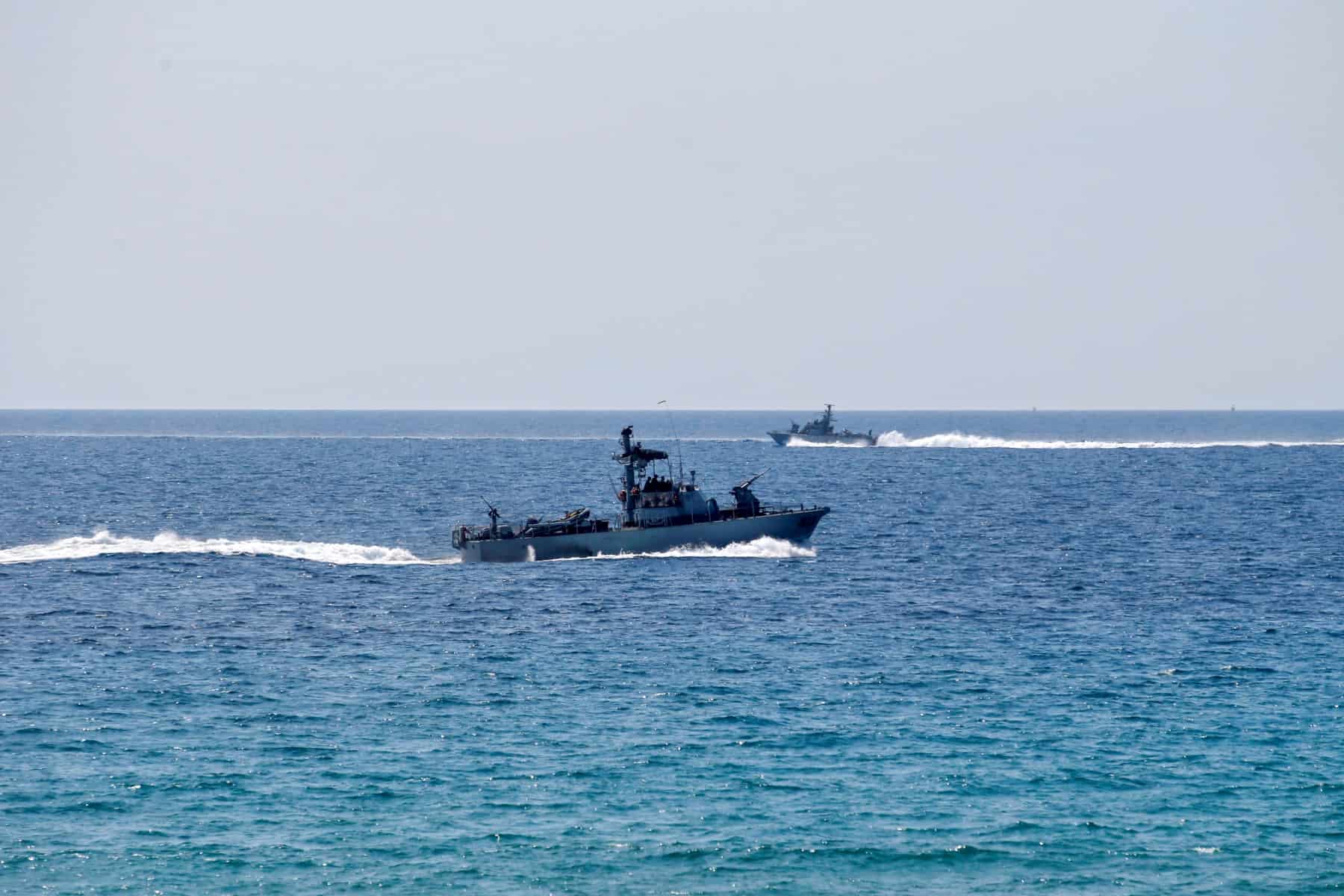Jerusalem—Gas production has started at Karish, an offshore field at the centre of a maritime border deal between Israel and Lebanon, London-listed Energean said Wednesday.
“Gas is being produced from the Karish Main-02 well and the flow of gas is being steadily ramped up,” a statement from the company said.
The announcement comes a day before Lebanon and Israel are expected to sign their maritime deal, following lengthy negotiations mediated by Washington.
Energy assets were fiercely contested in the talks, with Israel ultimately securing full rights over Karish as part of the accord.
Production at the other two gas wells at the site is due to begin within the next four weeks, Energean said.
Karish joins Tamar and Leviathan to become Israel’s third offshore rig providing natural gas, with each connected to the mainland by separate infrastructure.
Under the accord with Lebanon, Beirut will have full rights to operate and explore the so-called Qana or Sidon reservoir nearby.
Parts of the site fall within the territorial waters of Israel, which will receive some revenues.
Indirect talks between the two countries — which remain technically at war — were launched in 2020.
US President Joe Biden earlier this month hailed the deal as a “historic breakthrough”.

